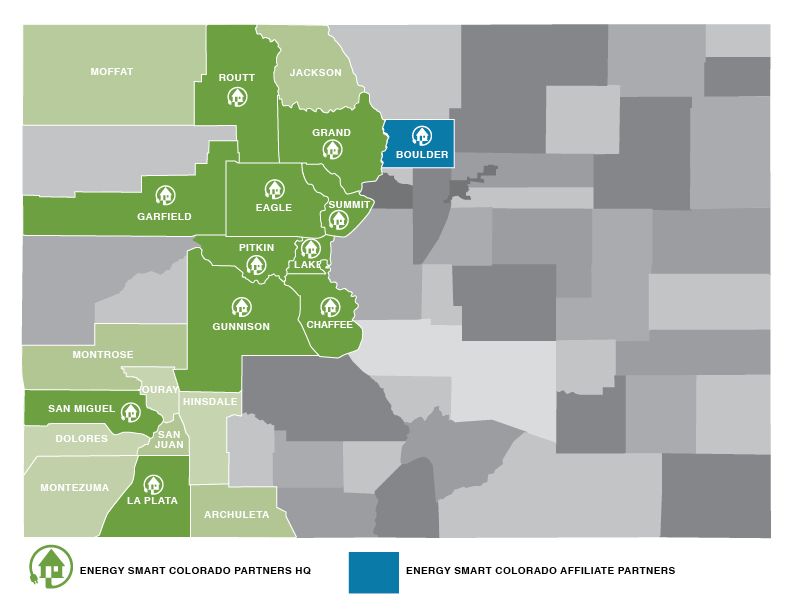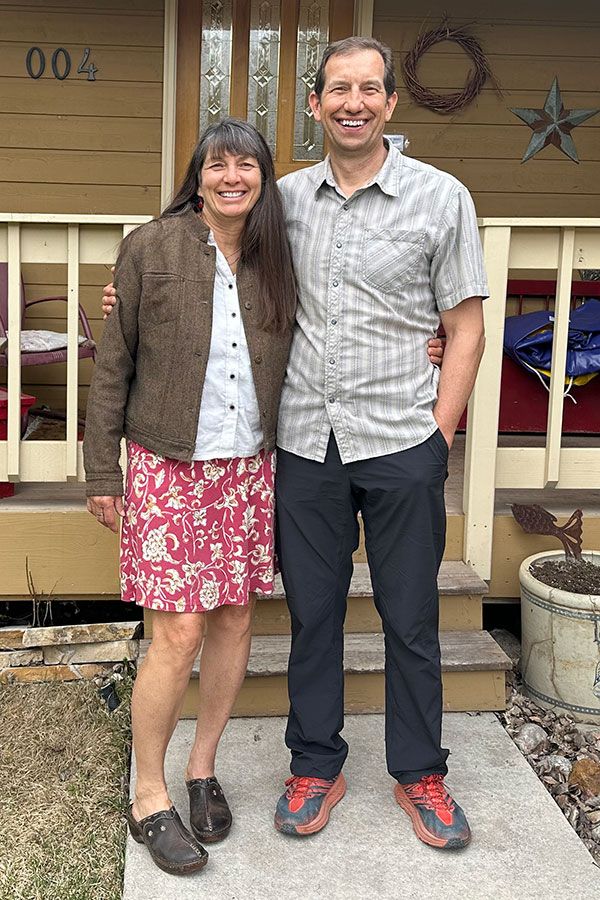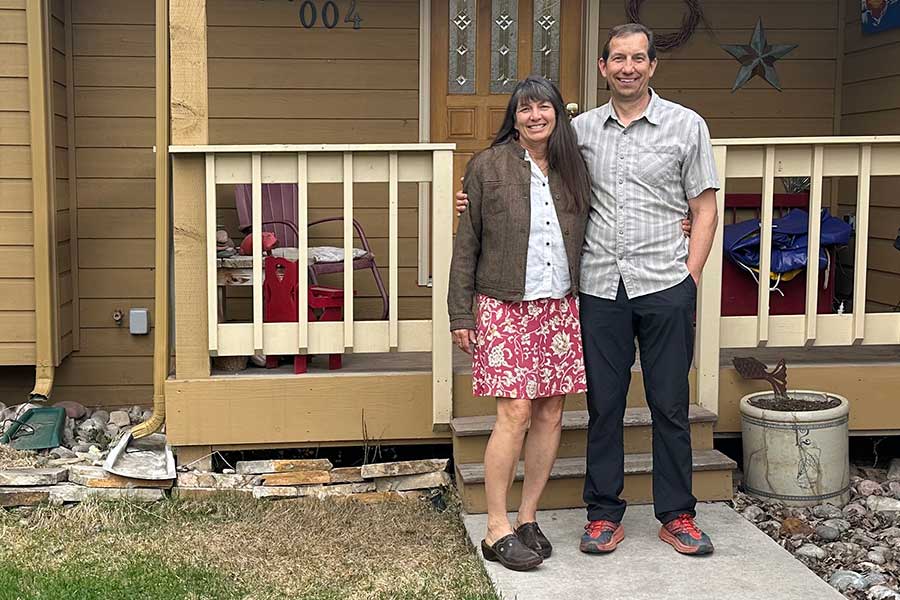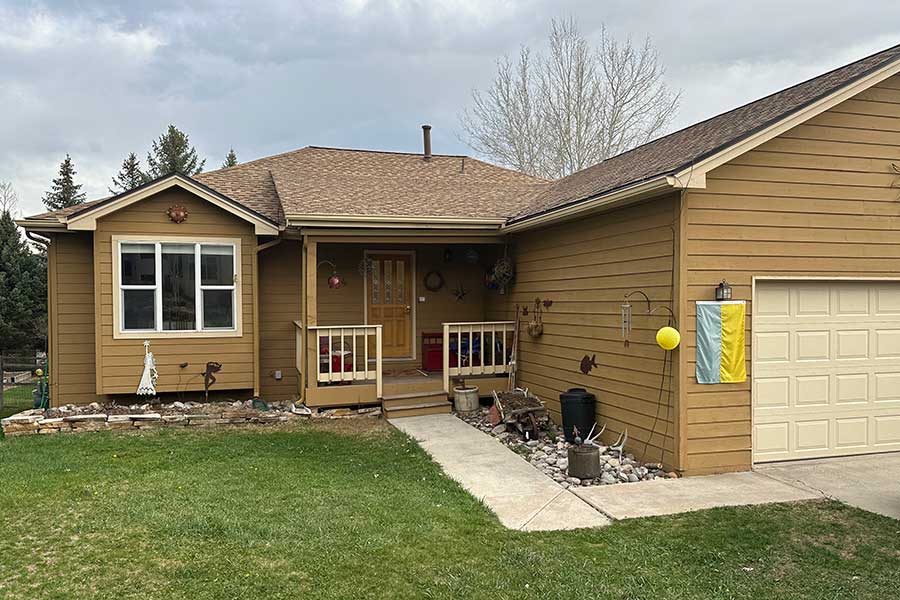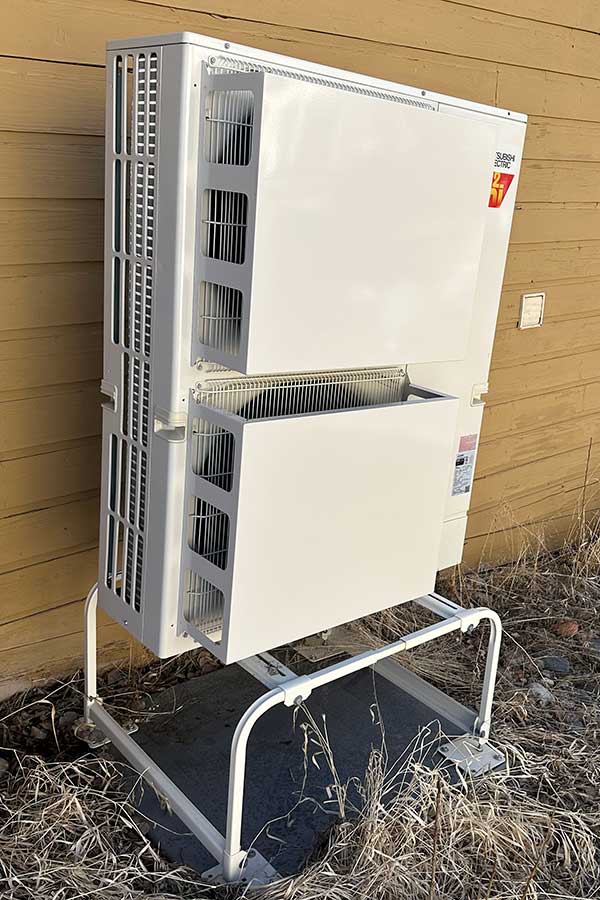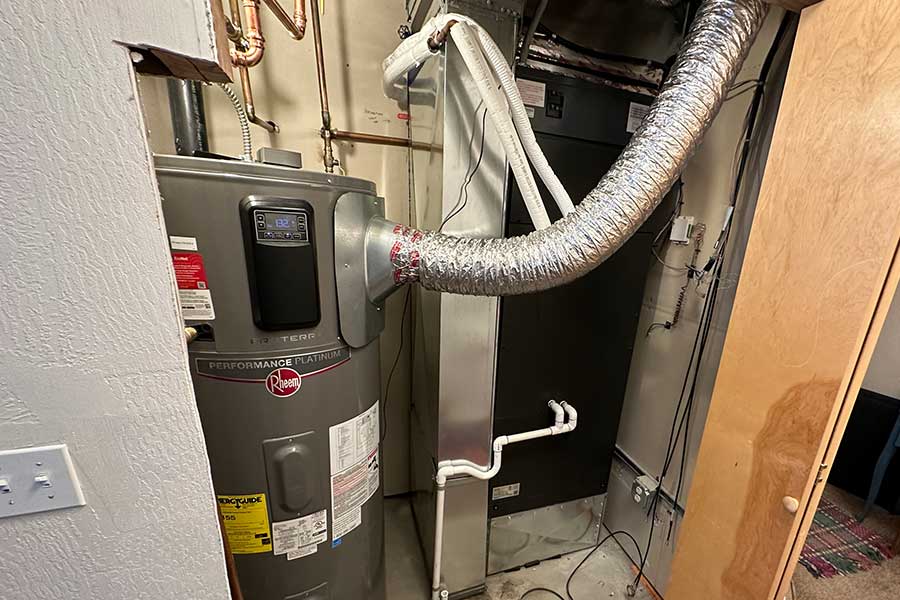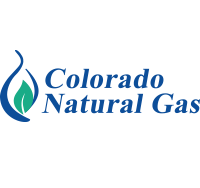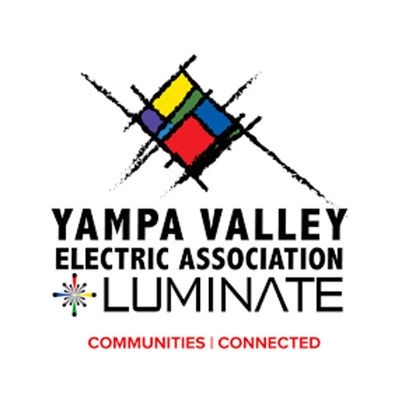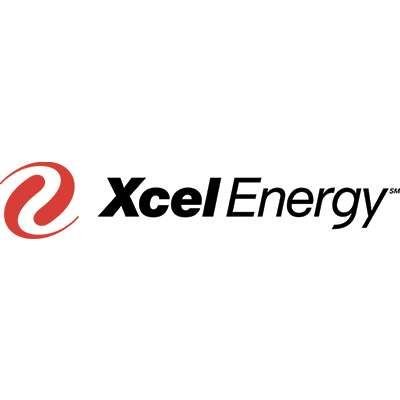DOE Community Energy Fellow
Energy Smart Colorado
Energy Smart Colorado (ESC) is focused on reducing energy burdens for underserved households across a 20 county-region of rural, mountain communities in Western Colorado. The DOE Community Energy Fellow will support ESC’s 10 partner organizations with leadership, outreach, energy savings modeling, and reporting to ensure ESC meets its three-year goal to provide 1,500 low-to-moderate income households with home energy assessments and access to energy efficiency improvements.
Position Description
The DOE Community Energy Fellow will enhance program development and project management in support of organizational progress toward Energy Smart Colorado’s EECBG goals to
- Stabilize program management and technical staffing positions at local governments and sustainability organizations;
- Increase the number of energy-focused skilled trades jobs by 20 to 30% in each community; and
- Enable 1,500 low-to-moderate income (LMI) homes across 20 rural, mountain Colorado counties to become more energy efficient, cutting household utility costs by 20%.
Key Job Responsibilities
Through its EECBG funding, ESC will be hiring two new positions, a bilingual engagement and outreach manager and a workforce development manager. In addition to supporting the work of these new Managers, the Fellow will assist the sustainability organizations by
- Aiding outreach efforts to enroll low-to-moderate income (LMI) households in the home energy assessment program
- Utilizing Energy Smart’s Salesforce database to track households enrolled in home energy assessments
- Enhancing verification procedures to confirm household income qualifications
- Providing energy advising (in conjunction with program staff) to individual LMI households to navigate available resources to implement energy efficiency and electrification improvements
- Creating energy savings modeling to track utility cost and energy savings by LMI household
- Identifying tools to consistently model savings for each efficiency and electrification improvement completed in the LMI households
- Improving the data systems to create best practices and formulas to track modeled savings for household energy efficiency and electrification improvements
- Developing standard operating procedures and automated processes for energy program staff to model savings for improvements completed
- Refining SnuggPro reporting procedures and templates to offer consistent recommendations for households including utility, local, state and federal incentives, tax credits, rebates and on-bill repayment programs
- Streamlining the SnuggPro report integration with Salesforce and providing guidance to analysts in using the SnuggPro software
- Assisting in the ongoing reporting to the DOE on households served, efficiency improvements completed, estimated savings obtained, and progress toward overarching three-year goals
- Crafting and publicizing documentations and success stories to further engagement and outreach to prospective LMI households
- Developing a brief annual report to recognize ESC’s achievements in households served, workforce development initiatives and greenhouse gas emission reductions
- Utilizing the annual report to leverage additional funding for the region
- Keeping apprised of additional federal and state grant opportunities that meet the strategic goals of ESC and its partners to decarbonize buildings, offer capacity building, and enhance workforce development throughout the western slope of Colorado
- Facilitating grant research, proposal writing, implementation and reporting on potential federal and state stimulus investments and/or grant opportunities
- Supporting the implementation and management of other ESC programs, including its Electrification Carbon Offset (ECO) Credits and small business energy auditing programs
Get More Details
More details about the Community Energy Fellow position can be found on Community Energy Fellows | Department of Energy.
Additional host communities are listed on the webpage. Download the flyer here.

